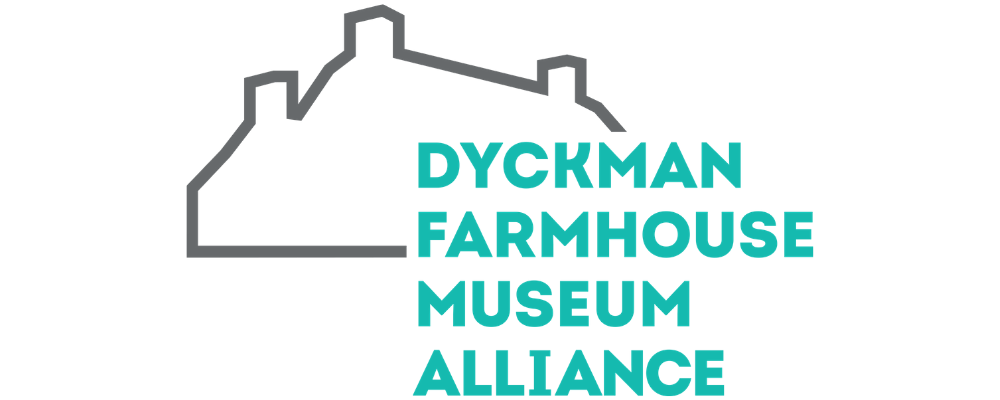
The Dyckman Farmhouse Museum
can be found sitting high above the corner of Broadway at 204th Street in Inwood. The Dutch Colonial style farmhouse was built on this site c. 1784. It was home to the Dyckman family for almost a century. It opened as a museum in 1916 and continues to serve the community in a half-acre park. It is an extraordinary reminder of early Manhattan and an important part of its diverse Inwood neighborhood.
OUR MISSION
Dyckman Farmhouse Museum, the last farmhouse in Manhattan, is a vital cultural asset in New York City. The mission of DFMA is to support the preservation of the historic site, to be a catalyst for engaging, adventuresome programming and to be a good neighbor and a dynamic resource for the community.
BOARD OF DIRECTORS
Maria Asteinza | Adele Bartlett | Juan Brizuela | Laura Bedrossian | Juan Camilo | Amy Dyckman | Emily Dyckman | Hannah Marek | John Mignone | Maria Osorio | Daniel Patterson | Don Rice | Jennifer Vasquez
DIRECTOR EMERITUS
Edwin Burrows
STAFF
Melissa Kiewiet, Executive Director
Caroline McCarthy, Director of Community Engagement
Max Banda, Visitor Services Associate
Kia Heath, Visitor Services Associate
Indigenous Land and Territorial Acknowledgement
The Dyckman Farmhouse Museum recognizes and acknowledges the land on which the farmhouse stands. Dutch colonists removed the Munsee Lenape people from the unceded land, not far from Fort Tryon Park where tribal groups lived until the late 17th Century. While forcefully removed from their land, indigenous people are active in our community today. We are also on land that enslaved Africans worked against their will for the betterment of local Dutch farmers. We acknowledge that our institution formed by the Dyckman family was founded upon exclusions and erasures of many Indigenous, African descendants, and other peoples. These people built much of this country under brutal conditions without pay or recognition. We name the original stewards of this land as a way to recognize the complete history of our nation, both the harm of colonization and the potential for repair.
We ask you to join us in acknowledging the broader Lenape community, their elders both past and present, as well as future generations.DFMA pledges to begin the process of dismantling the ongoing legacies of colonialism within the museum. DFMA recognizes the privilege that has allowed the Dyckman family to prosper and the colonialist narrative to thrive over the past 238 years. Today, DFMA is committed to fostering further research into these underrepresented narratives, engaging with marginalized groups and incorporating their voices into the comprehensive narrative of Inwood’s history, and bringing the complete history to our community through engaging and dynamic programming.
Statement of Solidarity and Action
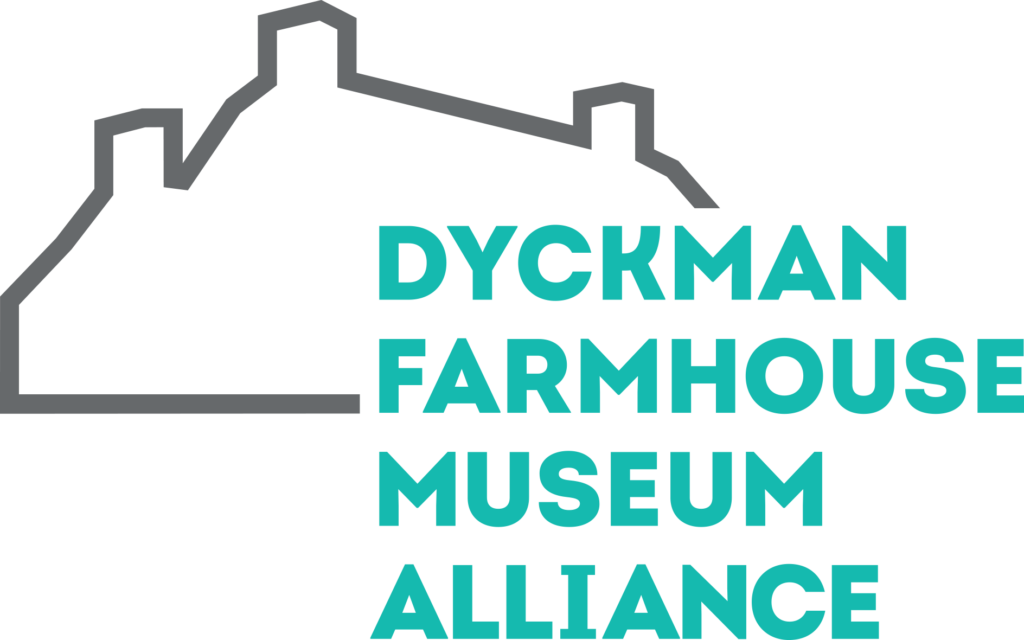
2020 has been an incredibly difficult year, but the past few weeks have felt especially heavy. As an African American woman, recent horrifying events make me think about my family and especially my children and what topics I feel that I must discuss with them at a very young age. I wonder how we can make the future better so that the next generation does not have to suffer what so many are going through right now.
The Farmhouse has witnessed 236 years of history (some positive, some negative) and the development of the community that we now call Inwood/Dyckman has changed dramatically. The theft of native land, slavery, war, waves of immigration from numerous countries, infrastructure development, and a changing built environment are impactful events that have shaped our community. We acknowledge the race-based violence of the enslaved black men, women, and children who inhabited the Dyckman Farmhouse unwillingly by their Dutch masters as well as throughout American colonial history. Today we stand in solidarity with the Black Lives Matter movement to continue to spread anti-racist beliefs through the museum’s narrative, programming, and throughout our community.
George Floyd, Breonna Taylor, Ahmaud Arbery, Trayvon Martin, Michael Brown, Eric Garner and so many others lost their lives to systematic violent racism. Their lives mattered and continue to matter. Francis Cudjoe, Gilbert Horton, Hannah, Harey, Blossum, and Will. These are the names of a few of the enslaved people who lived and worked in this Farmhouse here in Northern Manhattan. Their lives mattered and continue to matter.
The staff and Board at the Dyckman Farmhouse Museum have a strong commitment to social justice and continue to develop projects to move the community and American history forward, including our DyckmanDISCOVERED initiative, which creates an inclusive historical narrative, fosters a sense of transparency, and creates an open dialog about these important topics with our visitors. We are proud to be a part of a diverse community where numerous languages are spoken, different foods are eaten, multiple cultures are celebrated and all genders come together. That is what makes our community so special.
In solidarity,

Meredith S. Horsford
Executive Director
Dyckman Farmhouse Museum
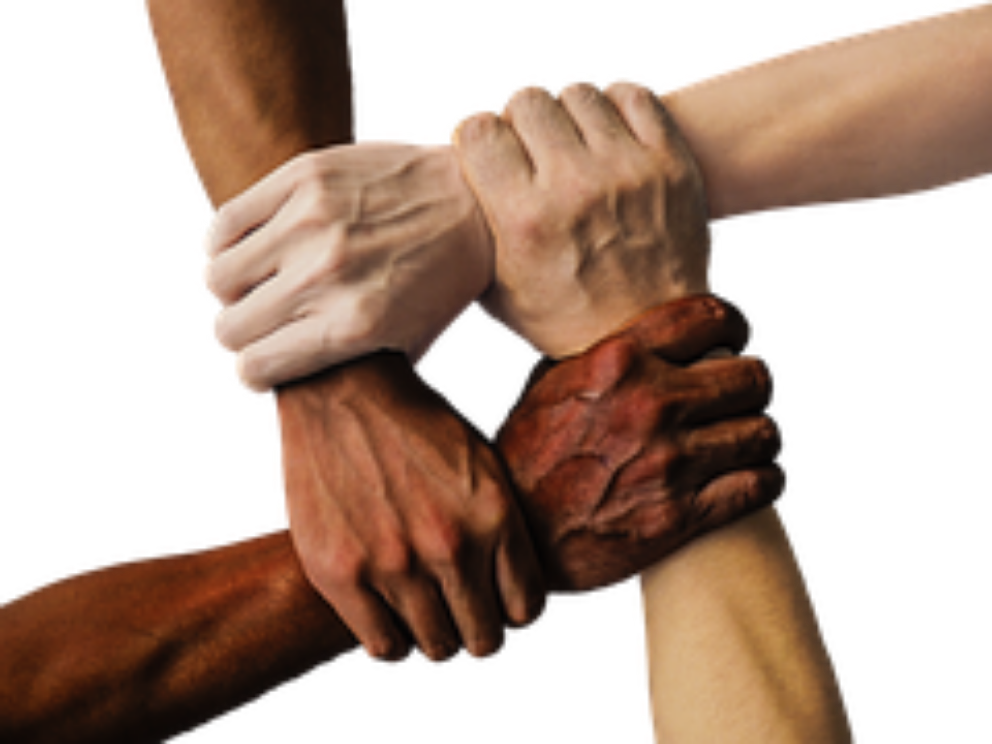
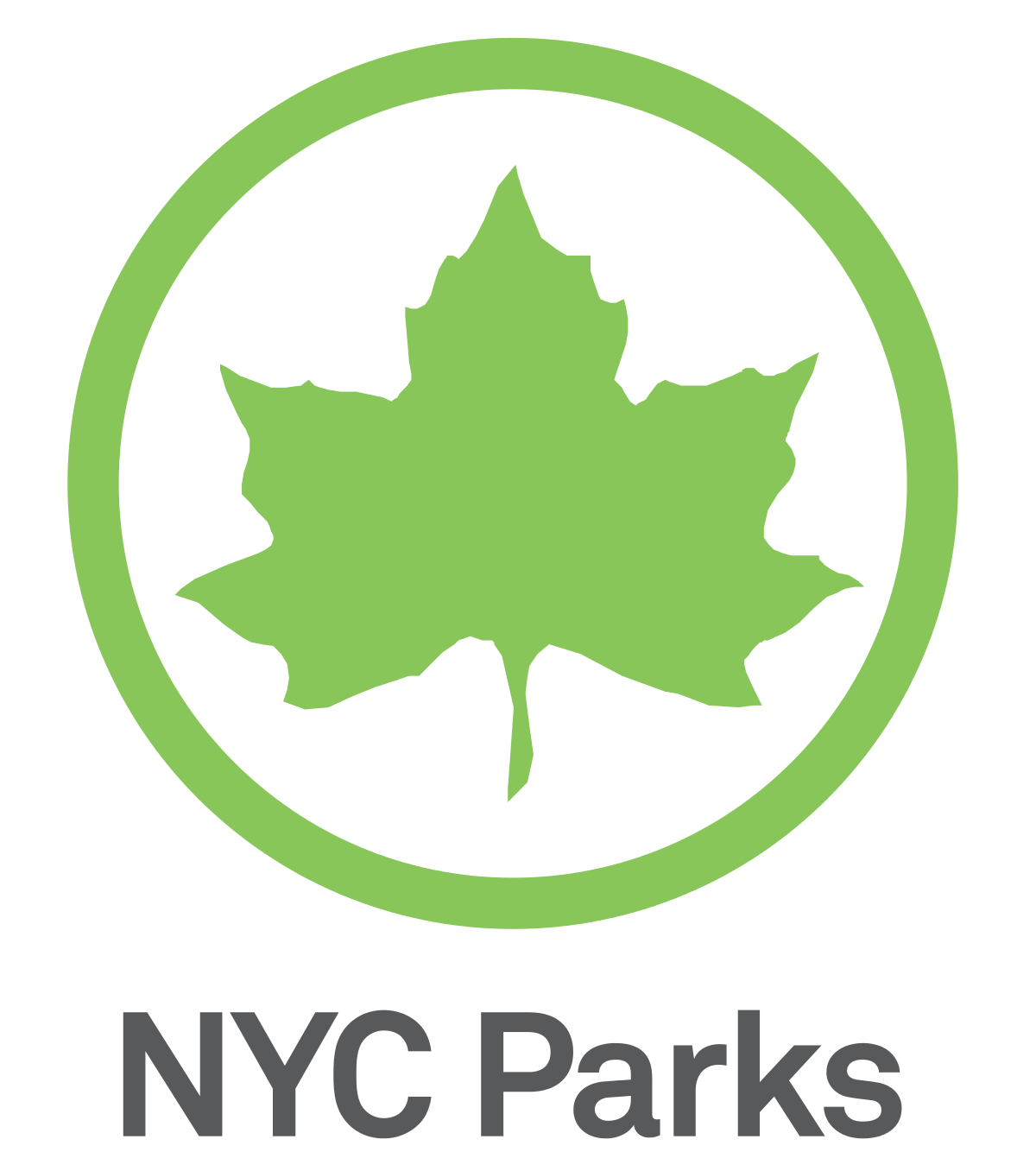
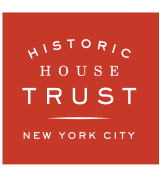
The Dyckman Farmhouse Museum is owned by the New York City Department of Parks & Recreation and is a member of The Historic House Trust of New York City. The Dyckman Farmhouse Museum Alliance (DFMA) was formed to help raise crucial funds to ensure the continued preservation of this amazing historic site.
